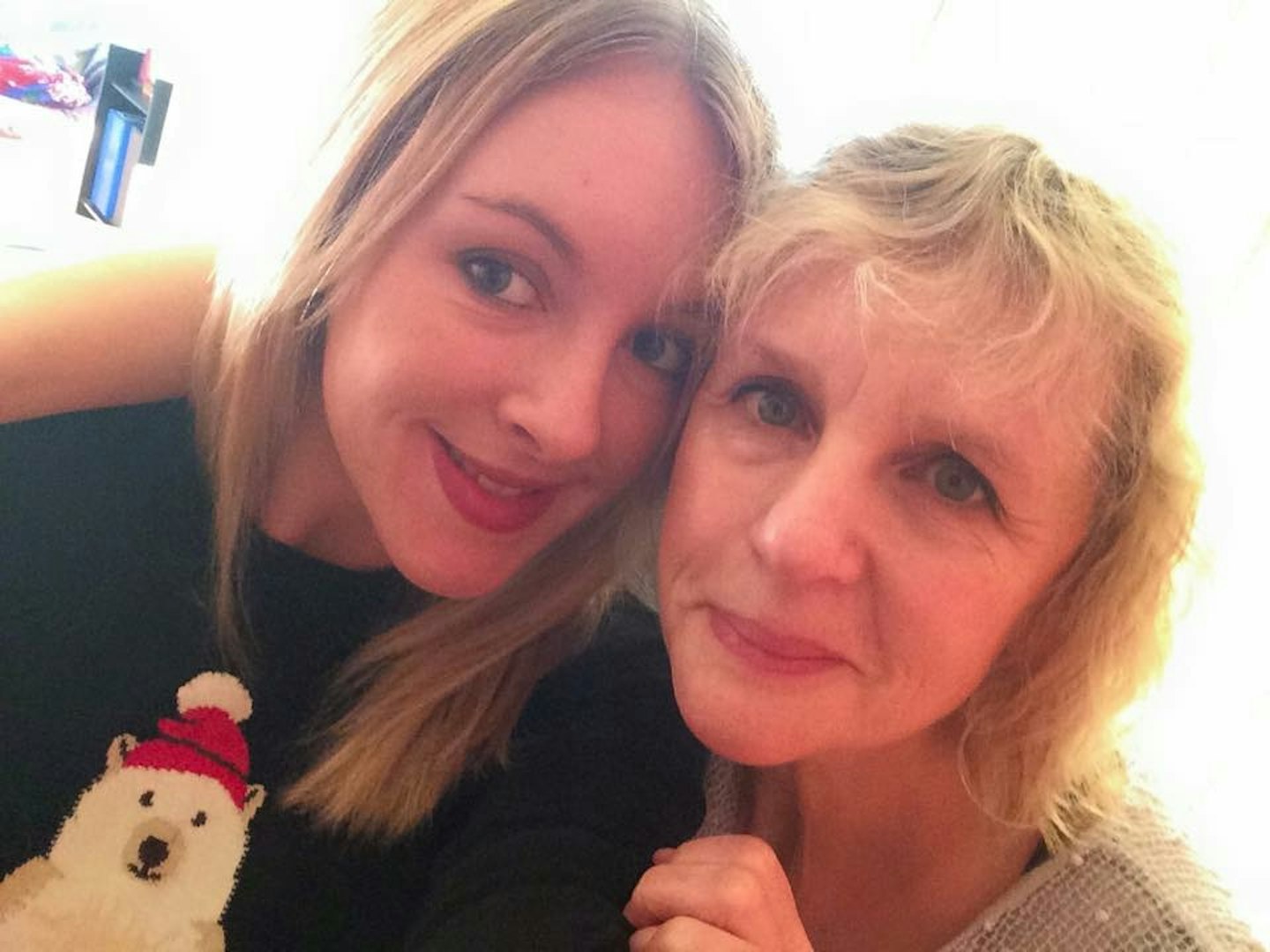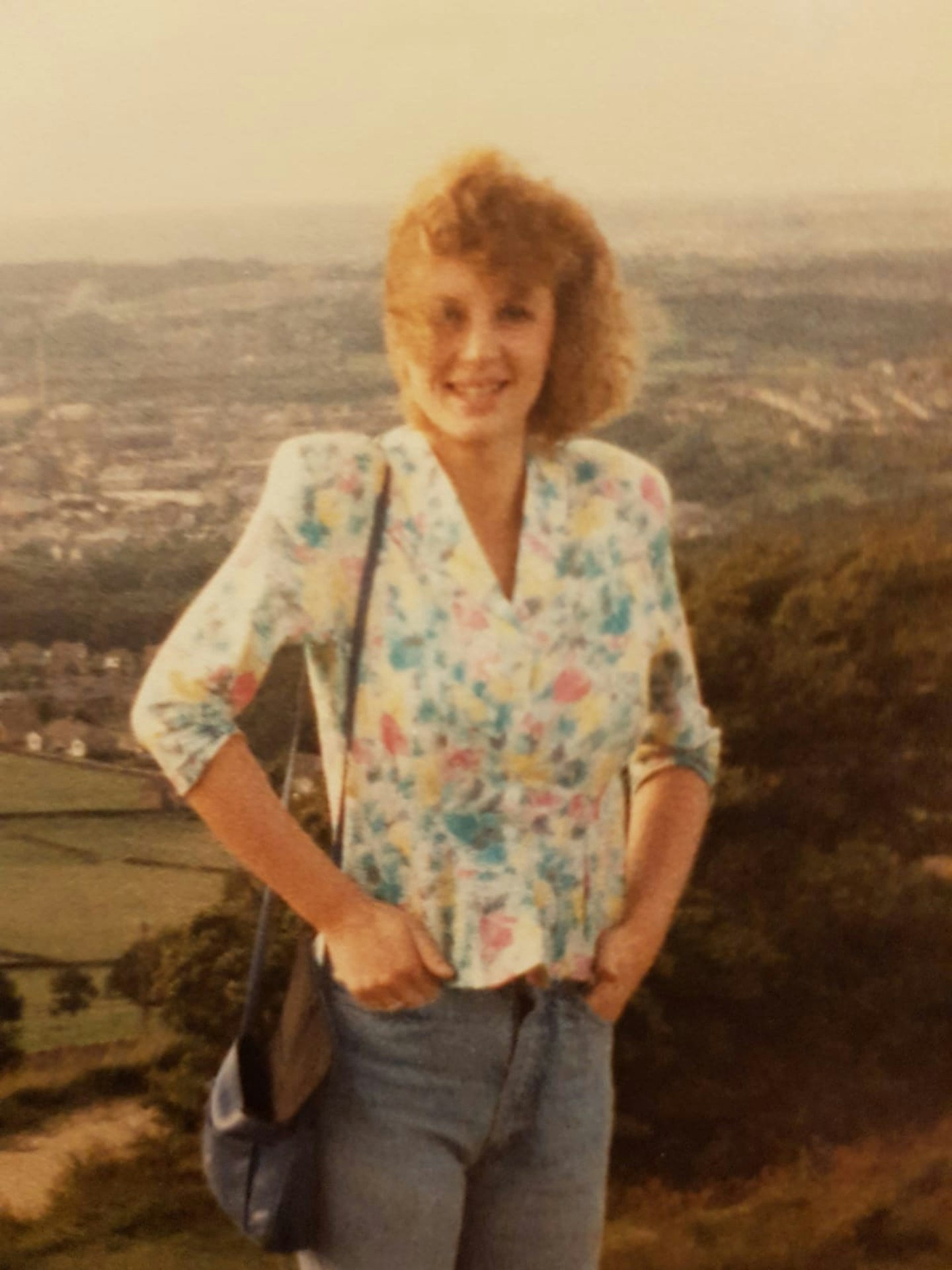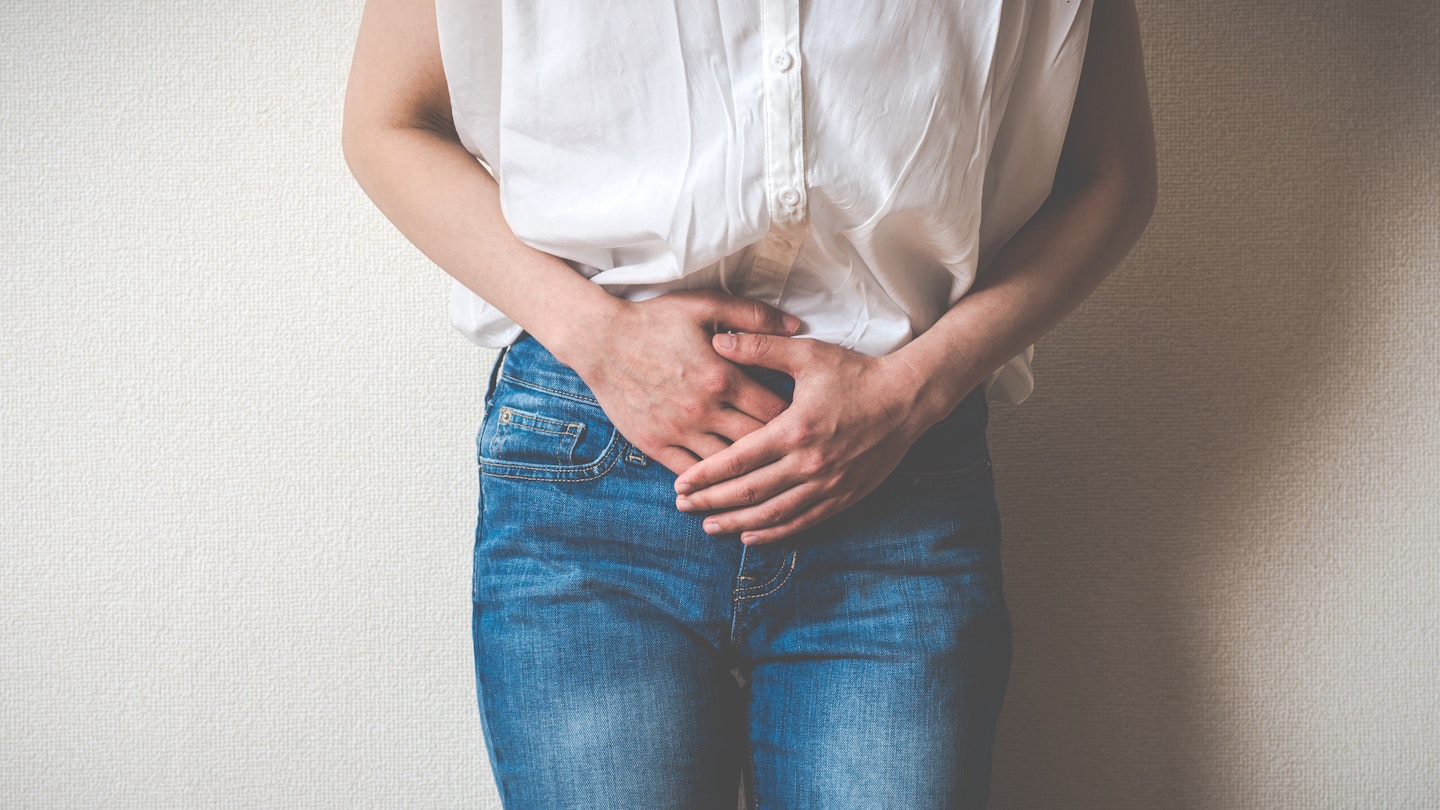It doesn’t hit like a sledgehammer, but more like a thousand frenetic butterflies suddenly cascading into life in your stomach. “I’ve got something to tell you,” says my mother, as I pause Netflix, put down my iPad and move towards the balcony for better signal. Something is not right; I know this immediately. “Where are you?”
She is checking that my boyfriend is close by, so this is almost certainly very bad news. Then she tells me: quickly but calmly, a highly efficient nurse who knows that she needs to rip the plaster off in one swift movement. I am not equally as calm in return.

After the initial shock, the crying, and the numb train journey north, there proceeds six months of chemotherapy. Lots of discussion over a cooling cap. The appearance in my mother’s fridge of Guinness and full fat milk, the opposite of wellness, but a diet she has been prescribed in an attempt to put some weight back onto her tiny frame. Many hats.
And then, after six months… nothing. The treatment ends. The new year starts. The appointments continue, but fewer of them. No one says “remission” (or at least, they don’t say it to me.)
It’s odd, having a parent who has ostensibly survived cancer. The chemo finishes, the hair grows back, the swimming and the yoga starts again. The pastel pink beanie hats are relegated to the wardrobe. Holidays are cautiously discussed. It was a blip, I think. Something that would be referenced in the local paper, in a segment about a 90th birthday party as she raises a glass to the camera: “Survived a bout of ovarian cancer in her 50s.” A footnote, an unimportant, almost forgotten fact from a life.
But still, there’s always the niggling feeling. It appears out of nowhere, invasive and cruel, as I descend tube escalators or glance out of the window, my mind wandering for a second. Cancer has been here, in our lives. It has sapped her energy and shrunk her body, and even if she survives for another 40 years, things will never be the same. In this, our innocence has gone. The cancer can come back, at any time, seemingly at random. And there’s nothing we can do about it.
'How do we change the notion, long-embedded in the female psyche, that it’s OK to keep holding our pain within ourselves?'
The facts are bleak. Only 35% of women diagnosed with ovarian cancer will still be alive 10 years later. 60% of cases are already in the latter stages by the time they’re diagnosed. When diagnosed this late, less than 5% of women will survive for another five years.
The often late detection is put down to the lack of screening process and the fact that ovarian cancer is entirely internal. There’s the tendency to push “women’s problems” aside too; to deal with them later.
The consequences of this can be catastrophic. Eve Appeal ambassador and NHS GP Dr Bella Smith tells me of one woman who presented in A&E, was diagnosed, and passed away two days later. Her husband had pushed his concerns aside, fearing that it was “women’s business” that had nothing to do with him. Now, he’s spreading awareness as an ambassador for the charity.
There are many, many stories of this nature. Knowing the symptoms is vital, so here they are: persistent bloating, persistent pelvic or abdominal pain, feeling full quickly, unexplained changes in bowel habits, nausea, needing to wee more often and pain during sex.
My mum died in October 2018, two years and one hot, sticky hospital summer on from her initial diagnosis. Cancer had found a way into my life, out of nowhere, and had changed the course of it in the worst possible way.
A year on, I’m both more wary and more aware. I know the names of all the gynaecological cancers (there are five). I know the symptoms and (hopefully) what to do when something doesn’t feel right. I’m definitely, without a doubt, going to pay to have my HPV vaccine carried out privately (cervical cancer prevention costs the same as replacing a couple of smashed iPhone screens, which I have frequently dropped money on without a second thought).
I’m not alone. While many women have felt the hammer hit close to home and are more conscious of their own health because of it, there are still plenty who, for various reasons, can’t fight for their spot on the doctor’s table. The latter needs to stop being the norm – and fast. But how do we change this narrative? How do we stop relegating our own health to the sidelines? How do we change the notion, long-embedded in the female psyche, that it’s OK to keep holding our pain within ourselves?
This Gynaecological Cancer Awareness Month, The Eve Appeal has uncovered startling gaps in the way women address gynae issues. The research reveals that 22% never refer to female body parts in front of their daughters, over 40% use euphemisms such as “bits”, and only 1% will frequently say “vulva”. 25% are uncomfortable speaking to female relatives about periods; it rises to 30% for smears.

To combat this, The Eve Appeal wants us to start having ‘open, informed conversations across generations’ – specifically, chatting with older female relatives and using accurate language with children. I’ve noticed the former happening within my family over the past year, and it’s something Dr Bellabelieves is a normal consequence of loss. ‘When a person has a devastating diagnosis in their family, that diagnosis often affects them in a very individual way,’ she says.
She believes that if any good is to come from death, it’s the ripple effect that leads us to speak more openly. It’s something that should lead to ‘a very gentle education’ and ‘an understanding… it's knowing what's normal for you’. She adds: ‘For those people who aren't affected by it firsthand, it is just understanding that it exists, that there are certain symptoms, and that they would notice a difference, a change. So the only way to do that is to talk; to make it a normal conversation.’
For awareness, exact language and talking openly are as important as knowing the symptoms. The five gynaecological cancers (ovarian, womb, cervical, vulval and vaginal)kill 21 women every day, and cases of ovarian cancer among women under 25 haverisen over the past two decades. Cervical cancer screening is at a 20-year low, despite it being the most common canceramong women under 35.
If female children stop believing that their body parts need to hide behind euphemisms, they’re less likely to view them with embarrassment. As adults, they’re more likely to attend cervical screenings and have the confidence to push for access if their surgery is ill-equipped for their needs. Through conversation, knowledge will circulate. Stigma will, hopefully, evaporate. Lives will be saved.
Karen Hobbs, the Eve Appeal’s Cancer Information Officer, believes equality has a huge part to play: ‘We’re becoming more empowered,’ she says, ‘and as a consequence we’re becoming more comfortable discussing stuff that we ‘shouldn’t’… of course we should talk about periods!’ Dr Bella agrees: ‘Women are now taking an interest more in women. We’re supporting women; we're empowering women. It's really exciting to feel that we’re taking control.’
When my mum was diagnosed, I was the person she was most scared to tell. I’d suspected something, of course: when she lost weight and couldn't face eating, when she claimed that her need to sit down was just because she ‘felt a bit urgh’. Predictably, I pushed this to the back of my mind. And she did too, for a while.
A third of parents are uncomfortable speaking to their children about cancer. This needs to change so that when children grow up they can speak without embarrassment. My mum was a nurse; whatever the eventual outcome, she’d had the language to ensure she was getting the right treatment. The same is not true of everyone.
